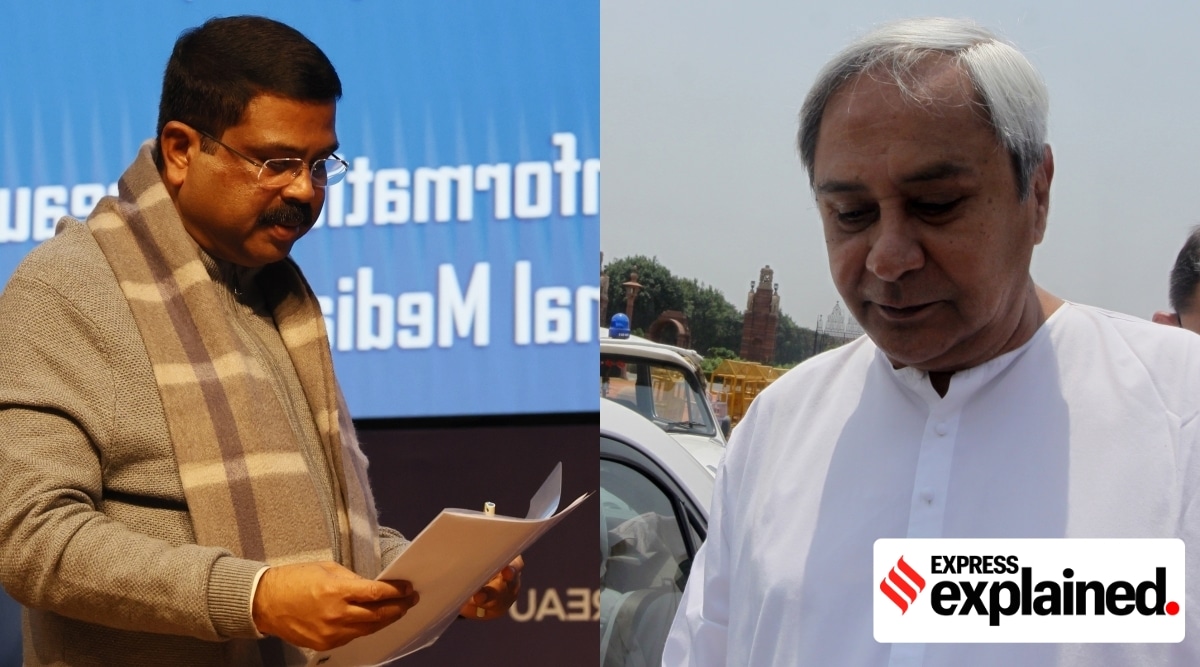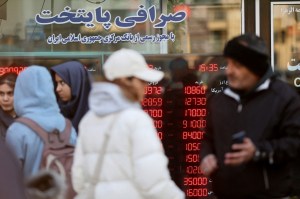The Odisha government has decided to disburse pensions under the Madhu Babu Pension Yojana (MBPY), its monthly social security pension scheme for vulnerable sections of society, in cash from June onwards, discontinuing the Direct Benefit Transfer (DBT) mode. This shift comes in light of various difficulties faced by pensioners to access their money from bank accounts as well as technical challenges for the MBPY portal.
Its decision to shift away from DBT has been criticised by Union Minister of Education Dharmendra Pradhan, who called for a “review” and termed the move “a step backwards in the collective pursuit of corruption-free governance.”

MBPY is the only scheme in which the state will shift to cash payments.
Odisha’s social security pension schemes
At present, there are two social security pension schemes currently active in Odisha. The National Social Assistance Programme (NSAP) is run by the Centre and covers 20.95 lakh old age, widowed and differently-abled beneficiaries. Under NSAP, the Centre provides Rs 200 to individuals between the ages of 60 and 79, and Rs 500 to those above 80 years.
On the other hand, the Naveen Patnaik-led BJD government had launched MBPY on January 1, 2008 in an effort to bring more people from vulnerable sections of society under the social security net. Named after Madhusudan Das, a key figure in fight for separate Odiya province, currently, over 28.5 lakh beneficiaries are served by MBPY.
MBPY primarily serves people belonging to the below the poverty line (BPL) category who are above the age of 60 years. Additionally, widows, disabled persons and trans people are beneficiaries under the MBPY, irrespective of their age. Under the scheme, those aged between 60-79 years are provided Rs 500 per month, while those above 80 years get Rs 700 per month.
In Odisha, the state government tops up the Centre’s contribution to NSAP with Rs 300 and Rs 200 respectively to bring the assistance at par with MBPY.
Discontinuation of DBT
Story continues below this ad
The Naveen Patnaik government had introduced DBT in the MBPY in September, 2022. Currently, 15 of the total 28.5 lakh beneficiaries are receiving pension amounts directly in their bank accounts, while the remaining are still handed cash.
However, the state government has now decided do away with DBT completely and instead provide all beneficiaries assistance in cash. The cash transfers will be made on the 15th of each month by organising camps at the panchayat level.
The state cited DBT beneficiaries facing multiple difficulties while withdrawing their money as the primary reasons for shifting to cash payments. It also said that the MBPY portal faced a technical glitch as a result of which beneficiaries did not receive their pension amount.
While DBT has been discontinued for MBPY beneficiaries, those under NSAP will continue to receive their pensions directly in their accounts.
Lack of banking infrastructure a problem
Story continues below this ad
Odisha is a state with poor banking penetration in rural pockets. More than half of Odisha’s 6,798 gram panchayats do not have bank branches. Consequently, MBPY beneficiaries have had to cover long distances to obtain their pension amounts.
In a video which recently went viral, a 70-year-old woman from Jharigaon village in Nabarangpur district was seen walking barefoot for several kilometres, with help from a broken chair, to collect her pension from bank. Similar stories have been seen across the state.
Shifting to cash payments will allow such people to receive their invaluable pensions in their panchayat itself.
Pradhan’s argument against cash payments
However, criticising Odisha government’s decision, Dharmendra Pradhan cited the adoption of DBT as the reason for massive savings to the exchequer by removal of fake/ghost beneficiaries. He also stated that the DBT scheme had reduced the need for intervention of middlemen, thus reducing scope for corruption. It (DBT) promotes transparency by cutting down discretionary decision making and opacity in processes, Pradhan said.
Story continues below this ad
According to government data, Odisha’s total disbursal under DBT under different schemes was estimated to be Rs 8,135 crore in 2022-23, with savings of Rs 459 crore through the elimination of ghost/duplicated beneficiaries.
Furthermore, with regards to issues with Odisha’s banking infrastructure, Pradhan said that there are 82,261 banking correspondents available with different banking institutions in Odisha. He also suggested to take help of Odisha’s network of 8491 post offices and 22,000 common service centres in different panchayats for the smooth disbursal of pensions.








































